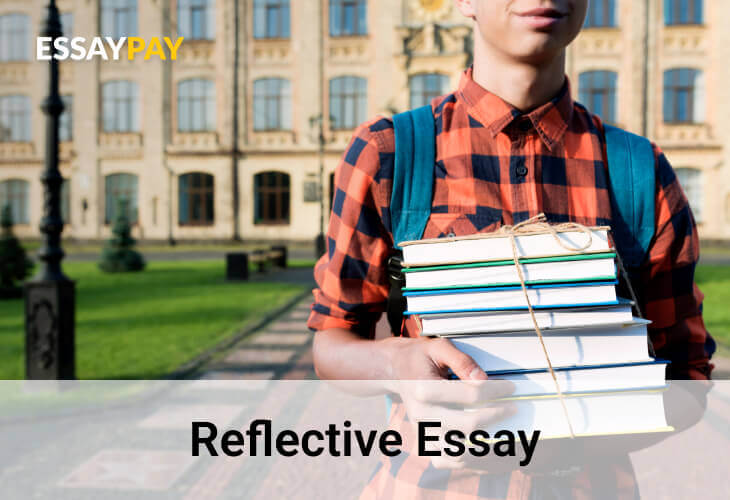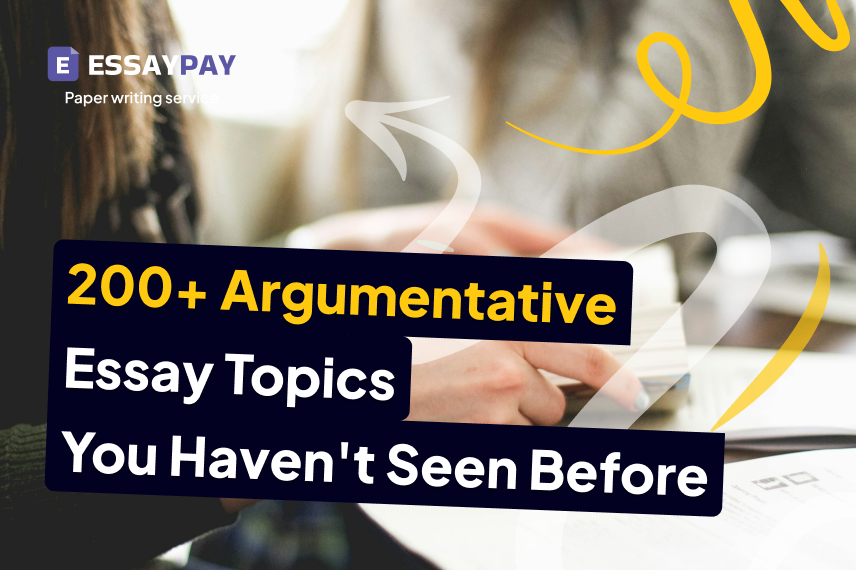Imagine you gotta scribble down a piece talking about something in your life, using what you know and what’s happened to tell the tale. But hold up, it’s not like your typical narrative essay where you’re just spilling the beans on events. Let’s say Homer Simpson’s putting pen to paper about that crayon stuck in his noggin. In this kinda writing, he’d be dishing out what he learned from that wild experience.
This reflective essay can be about a person, a thing, an event, or even an idea. It’s gotta break down the meaning of that gig and how it shook you up. Like, if you’re writing about some theory, spill how you wrapped your head around it. This essay’s primo for checking out how much you’ve learned.
Most times, writers lean into personal experiences for this jazz. It’s gonna need some serious writing chops to hook your reader, even though it’s diving into personal stuff. Whether it’s a past thing or something from the future, your reflection’s gotta unpack how it switched up your game and goals. If you’re drawing a blank, try using a story as your roadmap.
These essays aim to dive into your personal growth and learning moments. Your writing’s gotta gel with the course and prof vibe, uncovering knowledge that can be tossed into other situations. You gotta show that what you learned ain’t just for show but can be thrown into action down the line. The whole reflection dance should be intriguing, not a snooze-fest or a waste. ‘Cause if it is, then it’s not really helping you learn the ropes.
What is the Purpose of Writing a Reflective Essay?
When we talk about why you’re pounding away at a reflective essay, it’s not just about sizing up your own game. Sure, reflecting on your performance is part of it, but there’s more to it than that. The goal here is to own up to the blunders, ponder on those experiences, and dig deep, real deep. To really nail that, you gotta do more than just describe what went down – toss in your two cents, make some judgments, and even bring in outside ideas.
These reflective papers? They can be about your personal life or your professional hustle. Gotta keep it respectful, though. No room for slang or shortcuts here. It’s all about you, your experiences, your feelings. Skip the play-by-play of others or situations, and zoom in on how it all sits with you. Oh, and keep it short and sweet, but with some serious meaning packed in.
In the meat of that essay, spill the beans on how you’ve leveled up in a particular area. Dive into the nitty-gritty of that growth – what helped you hit those milestones, and what’s still cooking. Focus on where you’re aiming to develop next, whether it’s in the books or your professional gig. And when you’re wrapping it up, don’t just leave it hanging. Toss in some action steps, what you’re planning to do to keep that growth train chugging along.
Common Mistakes When Writing a Reflective Essay
When it comes to writing those reflective essays, avoiding certain slip-ups is key. One biggie is leaving your reader hanging or feeling like they wasted their time at the end. You wanna finish strong, tying things up neatly by linking theory and practice. Now, let’s dive into a few more common bloopers to sidestep:
- First up, steer clear of that generic stuff. Before diving in, brainstorm a bit. Once you’ve got an idea, dodge those worn-out narrative moves. We want something fresh, ya know?
- Structure’s a big deal too. While a reflective essay doesn’t follow a strict blueprint like a literary essay, it’s gotta have its ducks in a row. Think intro, body, and conclusion – all organized and flowing smoothly. Oh, and that thesis statement? It’s gotta be crystal clear. Spell out the contrast between your past and present self and lay out the lessons learned like a pro.
Hope this helps fine-tune your reflective essay game! Just keep these mistakes in mind while penning your piece.
What Should the Conclusion Do in a Reflective Essay?
When it comes to cementing this conclusion, it’s like sealing a deal. It’s a two-part jam: the body dives into the experience and learns, while the conclusion wraps it all up for the reader.
Here’s the lowdown for a top-notch conclusion:
- First off, sum up all those key points you’ve been chatting about throughout the piece. Hit ’em with a recap of the lessons learned and the changes you’ve been through.
- Make it real, talk about how this essay helped shape you. Share what you’ve learned, how you’d tackle similar situations, and the steps you’ll take to keep that learning locked in.
- This wrap-up? It’s a game-changer, trust me. Don’t rush it. Some folks make the mistake of writing a conclusion first, but nah, that won’t fly. Craft it after you’ve laid down the rest of your essay – it’s like putting the cherry on top of your sundae.
Keep it simple, keep it direct. It’s your chance to leave a lasting impression, so give it the attention it deserves. Boom! Wrap it up strong, and you’re golden.




